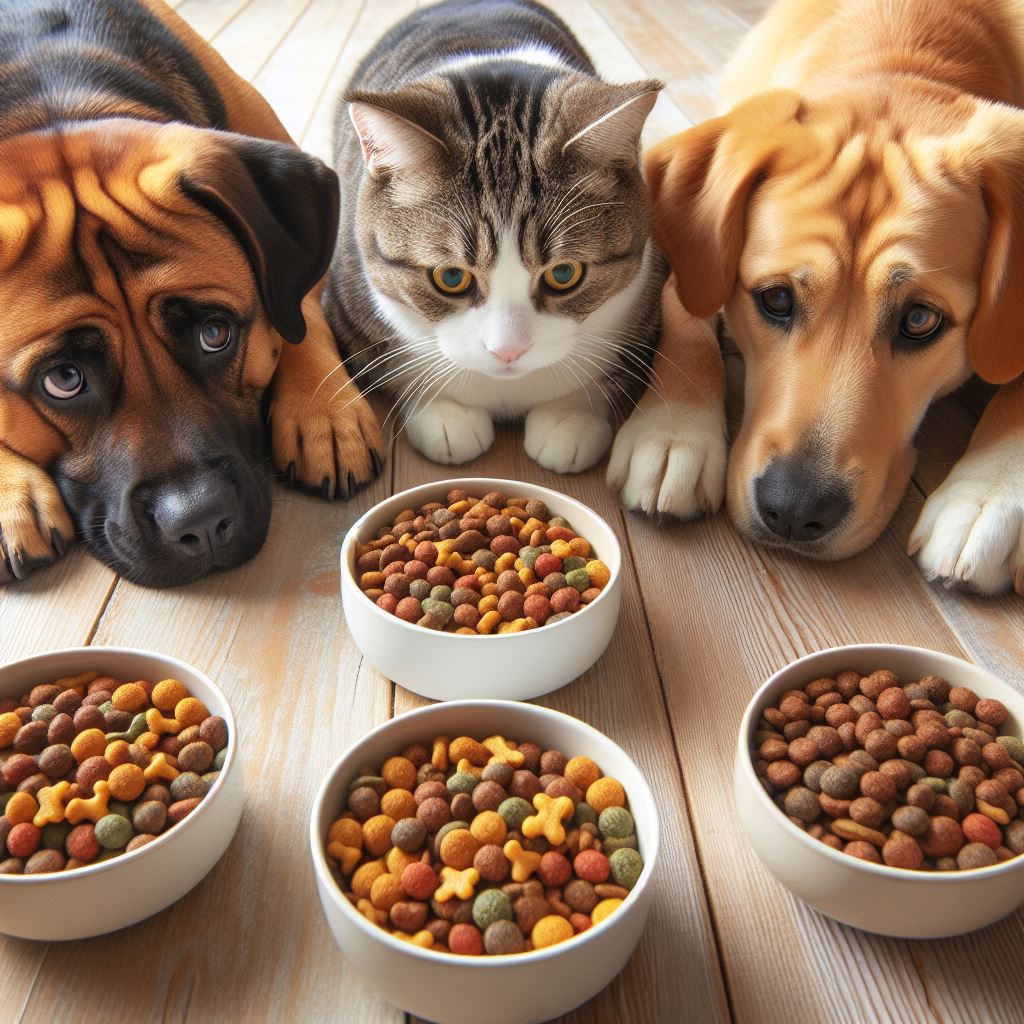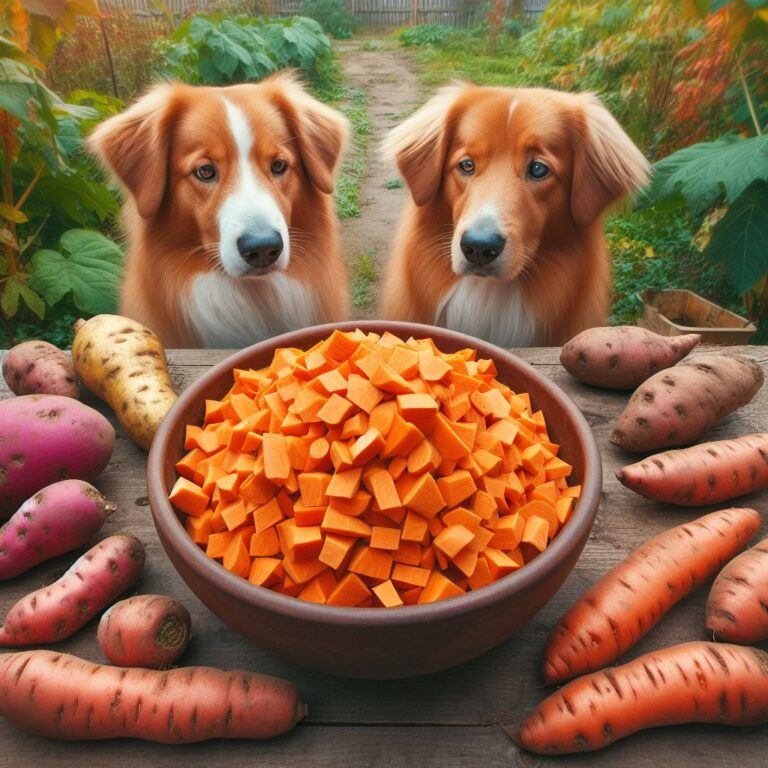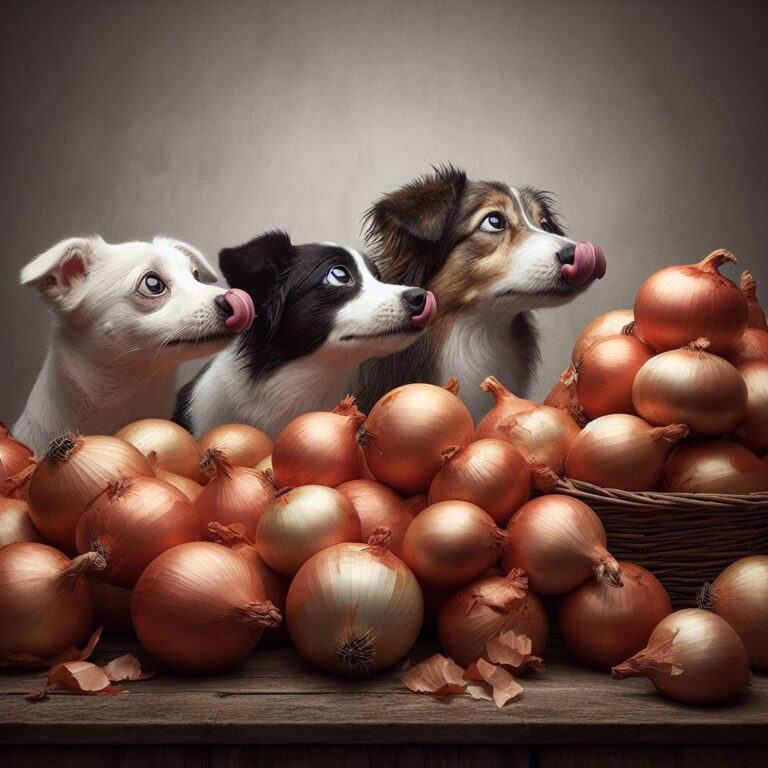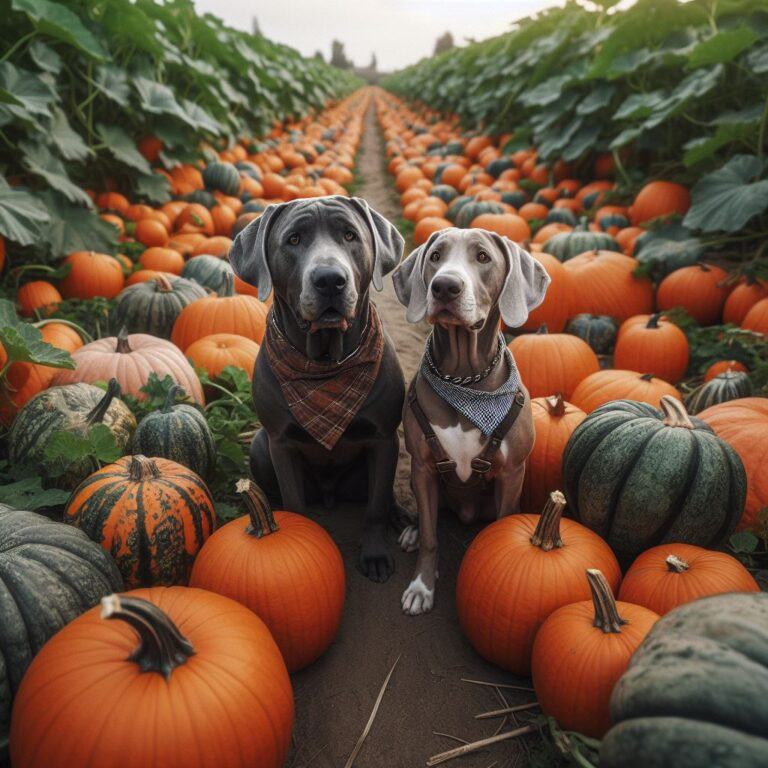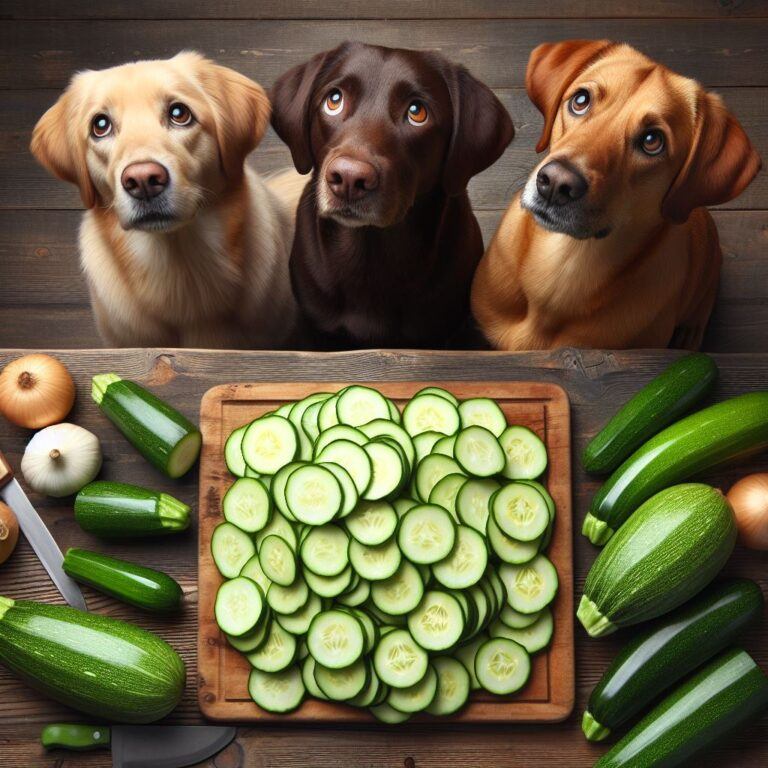Can Dogs Safely Eat Cat Food
In short, YES and NO! While occasionally eating cat food should not harm your canine companion, dogs, and cats have different nutritional needs. Cats are obligate carnivores, meaning they rely heavily on animal-based proteins for sustenance. Dogs are omnivores and thrive on a varied mix of proteins, carbohydrates, and fats.
Owners must understand the potential risks associated with allowing dogs to consume cat food regularly. Here, we will look into the potential health benefits and risks, and provide actionable recommendations to ensure a well-rounded and balanced diet for your beloved pets.
Nutritional Differences and Potential Risks of Dogs Eating Cat Food
To understand why cat food isn’t suitable for dogs, we must check out the evolutionary and nutritional backgrounds of these domesticated animals.
As mentioned, cats are obligate carnivores, meaning a heavily animal-based protein and fat diet meets their unique dietary requirements the best.
Dogs on the other hand are omnivores and have a more adaptable digestive system that accommodates a varied mix of proteins, carbohydrates, and fats.
Cat food, carefully formulated for feline needs, often contains higher levels of protein and fat, making it unsuitable as a primary dietary source for dogs.
Feeding your dog cat food regularly poses several health risks. The elevated protein levels, designed for feline metabolism, can strain a dog’s kidneys over time, potentially leading to renal issues.
The increased fat content in cat food may contribute to obesity in dogs, particularly when not accompanied by a balanced diet. Furthermore, cat food may lack essential nutrients such as taurine and sufficient carbohydrates crucial for canine health.
Regular consumption of cat food can result in nutritional imbalances, impacting your dog’s overall well-being.
While a one-time occurrence of your dog consuming cat food might not lead to immediate harm, repeated instances can result in dietary imbalances.
Pet owners must exercise caution and avoid making cat food a substitute for their dog’s regular meals.
Occasional consumption should be approached with moderation, emphasizing the importance of maintaining a balanced diet that aligns with your dog’s nutritional needs.
Best Practices Guidelines and Alternatives
When allowing your dog the occasional treat of cat food, moderation is paramount. Small quantities occasionally can prevent nutritional imbalances and potential health issues.
It is crucial to refrain from incorporating cat food into your dog’s regular diet and, instead, focus on providing a well-rounded and balanced diet tailored to their specific nutritional needs.
To meet your dog’s nutritional requirements, consider alternatives that are specifically designed for canine consumption.
Opt for lean, cooked meats such as chicken, turkey, or beef in small portions. Commercially available dog treats formulated to meet their dietary needs are also a viable option.
Additionally, safe fruits and vegetables such as broccoli, pumpkin, spinach, or green beans serve as healthy alternatives. These choices ensure a more well-rounded diet, providing the necessary nutrients without the potential drawbacks associated with cat food.
When uncertainties arise concerning your dog’s diet, seeking guidance from a veterinarian is imperative. Veterinarians possess the expertise to offer personalized advice based on your dog’s specific health profile, considering factors such as breed, age, and any existing health conditions.
Their insights ensure that any dietary changes align with the best interests of your dog’s overall well-being. Regular veterinary check-ups and open communication regarding your dog’s diet are crucial components of responsible pet ownership.
While the occasional indulgence might not be immediately harmful, a consistent diet of cat food can lead to imbalances and potential health issues for dogs.
By understanding this and adhering to best practices, dog owners can ensure their furry companions enjoy a diet that is both healthy and tailored to their unique needs.
Remember, moderation and a focus on providing essential nutrients are key to your dog’s overall well-being.
Responsible pet ownership entails a commitment to understanding and fulfilling the specific dietary needs of your canine companions.

